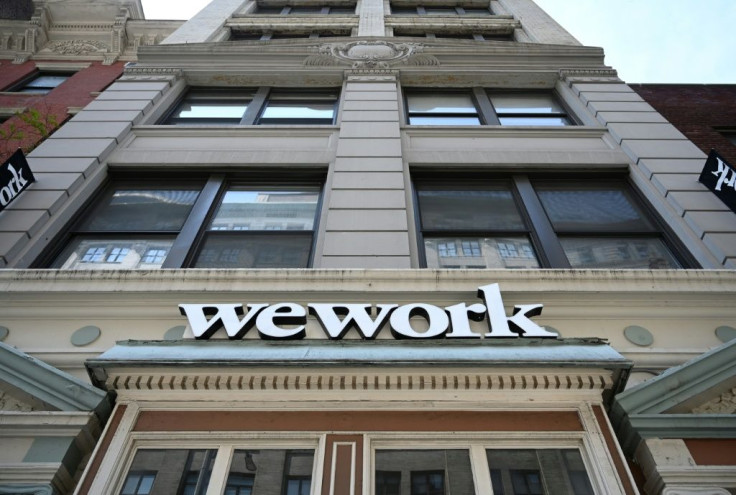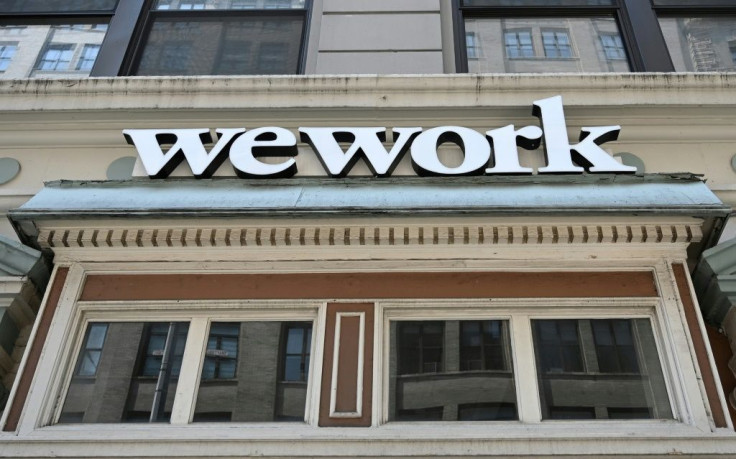WeWork IPO Postponed To October As Investors Worry Valuation, Business Model

Feeling the heat from lackluster investor interest and burdened by its persistent loss-making ability, WeWork could postpone its now controversial IPO until October.
The decision to reschedule also means WeWork won't begin its planned roadshow this week. The roadshow would have allowed WeWork to meet with potential investors immediately before its IPO. WeWork, however, revealed its S-2 or IPO paperwork last month.
WeWork is badly in need of more cash, having lost $1.9 billion on revenues of $1.8 billion in 2018. For the first half of 2019, WeWork reported an operating loss of $1.37 billion, more than double the loss for H1 2018. It reported $1.54 billion in revenues in the first half of 2019. The company is on track to exceed its operating losses in 2018.
WeWork has been beset by anxious investors worried about the company's seemingly excessive valuation, its shaky business model, and questionable corporate governance. The ability of WeWork to ride out a recession, which some economists predict for 2021, is also in doubt.
Sources quoted by media said WeWork has thus far signed up only 0.2% of its potential customers.
WeWork has since pared down its IPO expectations, shooting for a market capitalization of a mere $10 billion, which is way below its $47 billion valuation in January.
WeWork, or officially the We Company, was held in such high regard at the start of the year when it was touted as the “next Alibaba." The ignominious IPOs of fellow unicorns Uber Technologies Ltd. and Lyft has, however, soured investors on companies showing nothing but promise and an ability to incur billions of dollars in losses.
A coworking or shared office space company, WeWork operates a global network of coworking spaces. The nine year-old firm provides shared workspaces for technology startup subculture communities. It also provides services for start-ups, entrepreneurs, freelancers, small businesses and large corporations.

It was founded as WeWork by CEO Michael Neumann and Miguel McKelvey. Israeli-born Neumann grew up in a kibbutz, while McKelvey (an American) grew up in a commune.
Last January, The We Company had a valuation of $47 billion and managed 10,000,000 square feet (930,000 square meters) of office space worldwide. It operates in 100 cities in 27 countries, and had more than 400,000 members in 2018, up from 186,000 members in 2017.
Large companies such as Microsoft and Bank of America comprise a significant portion of its memberships.
Japan's SoftBank Group, through its investment arm, Vision Fund, is WeWork's largest investor.
It’s also expanding far beyond its original business of providing coworking spaces. It’s ventured into co-living (WeLive), health and wellness (WeRise) and education (WeGrow). In April, WeWork bought Managed by Q, an office-services management startup for $250 million.
© Copyright IBTimes 2025. All rights reserved.





















